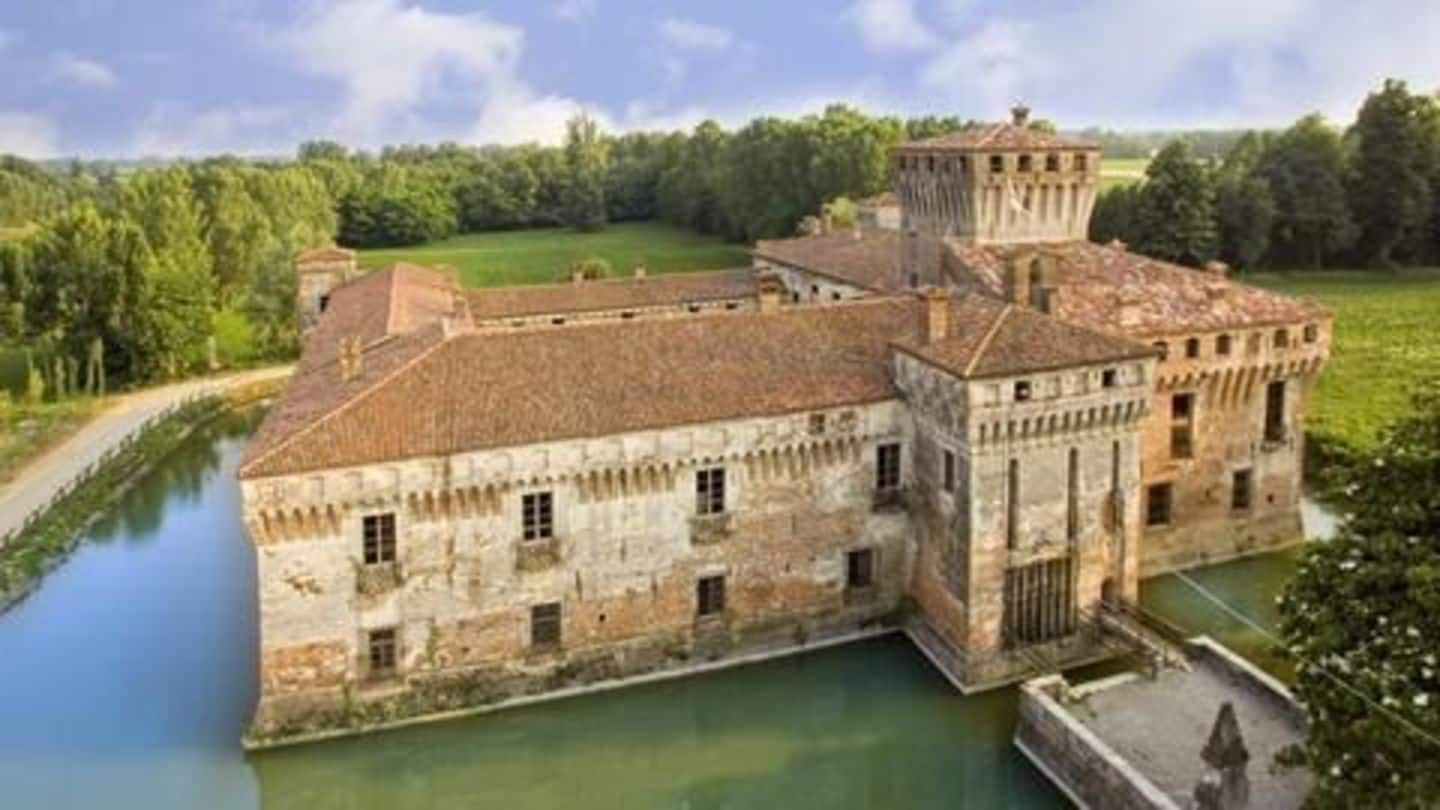
Italy is giving away historic properties for free!
What's the story
Now might be the best time to plan owning a priceless property in Italy. The government has launched a new program, Cammini e Percorsi ("paths and routes"), under which it will give away castles and villas for free.
There are over 100 properties, including monasteries and towers, waiting to be given out.
Sounds too good to be true? Not after you hear the catch.
T&C
But it's a two-way street
Properties will be let out to those who submit plans for transforming it to a tourist destination. Applicants will have to undertake all costs themselves.
It can be a hotel or a spa, or maybe cycle shops and service points - whatever might drive up tourism.
Leases are being offered for a nine-year period. Stellar applications might get a 50-year contract though.
Locations
The dreamiest of properties in the government's list
All of the 103 properties are in remote areas: 44 on historic or religious walking trails, and 59 along cycling routes.
Chosen assets include the 11th-century Castello di Blera in Lazio, the 13th-century Castello di Montefiore in Marche, and a former school in Puglia.
While some are along the Appian Way, some others lie nearby the Via Francigena.
Goals
The government is killing many birds with one stone
With this program under Italy's Strategic Tourism Plan, the government plans to ease overcrowding in conventional tourist cities like Venice and Florence while getting historic properties renovated without cost and giving a boost to tourism.
It is hoping to tap in young entrepreneurs.
If successful, another 200 properties will be added to this list.
Tourism
While the rest look to boost tourism, Italy faces 'over-tourism'
This isn't the government's first attempt at checking the burgeoning tourism industry. Since two years, it has auctioned off about 30 historic lighthouses, in return for converting them into tourist spots.
Just last month, Venice said it would install people-counters at high-traffic areas to monitor the number of visitors to the city and provide real-time updates to control overcrowding.